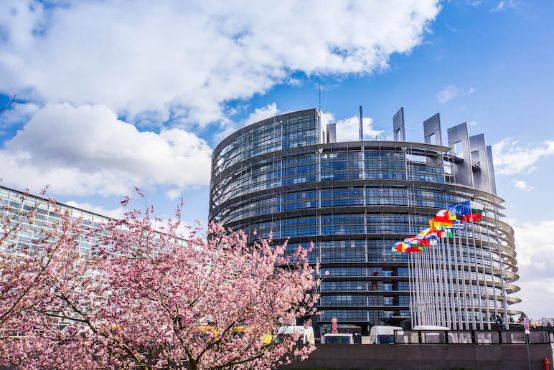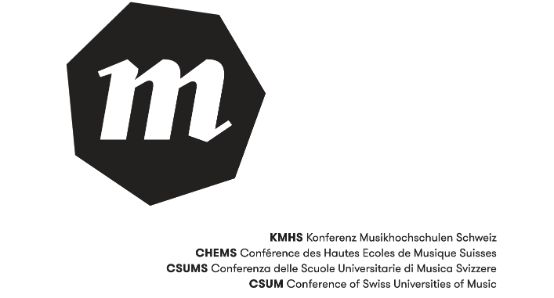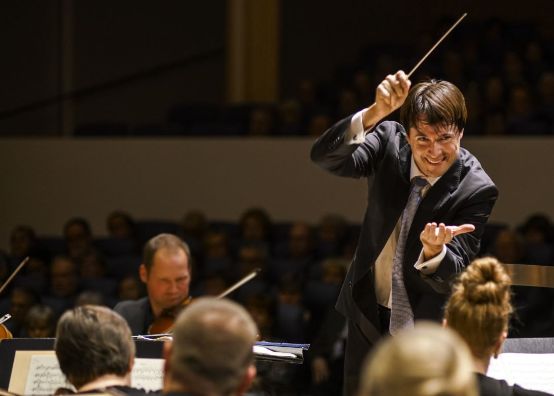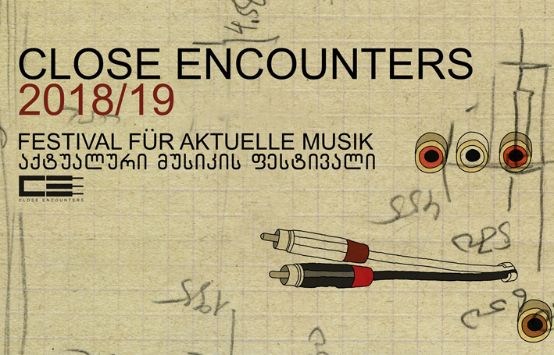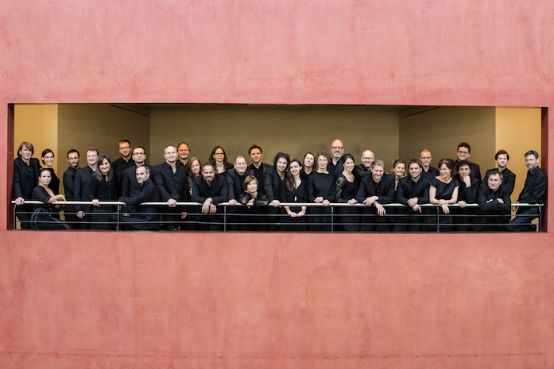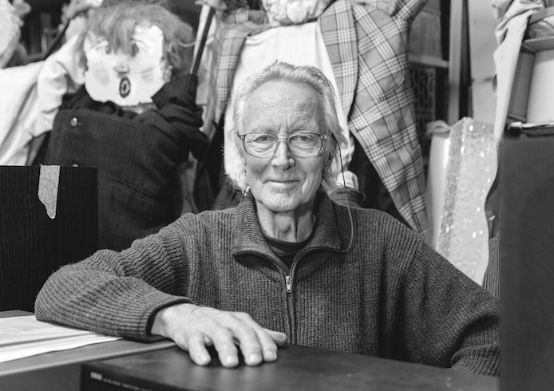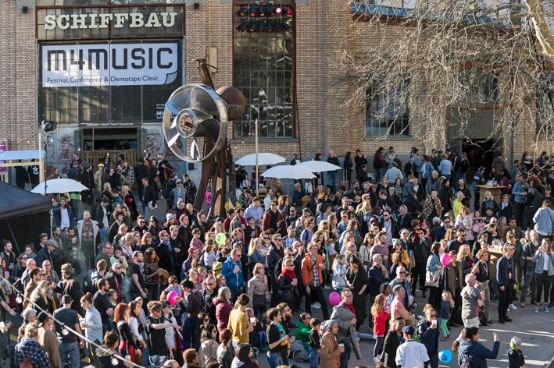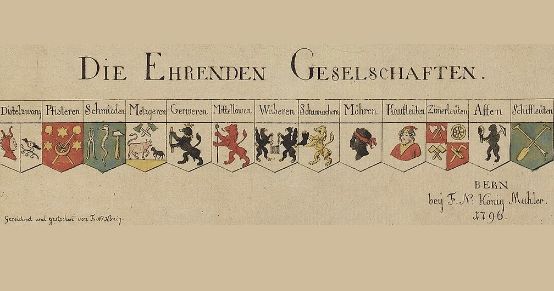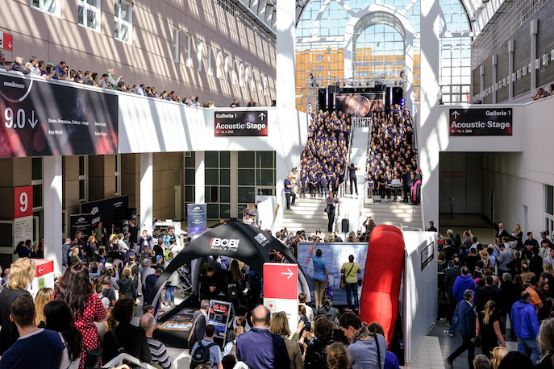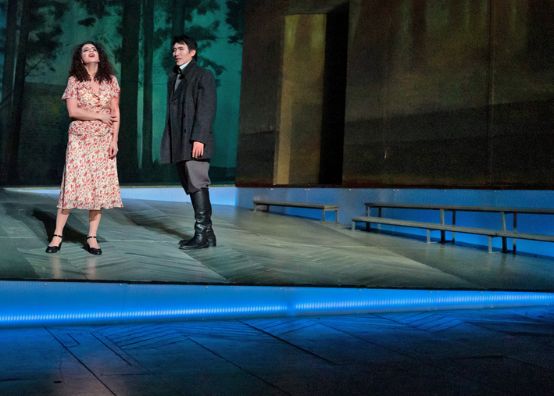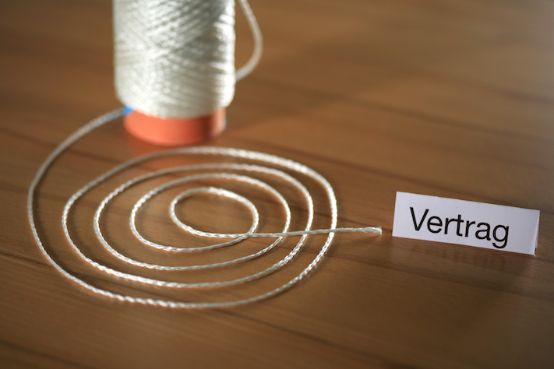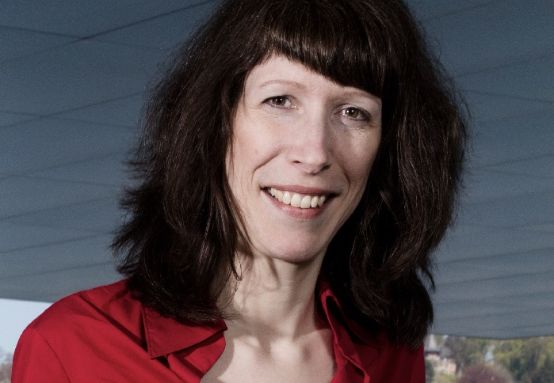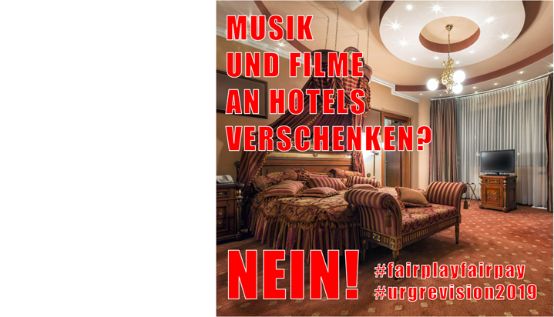Matthias von Orelli - Mátyás Szandai is a student at the HEMU Lausanne (Master in Interprétation option performer composer) for two years. Il donne un aperçu personnel de ses études quotidiennes.
Mátyás Szandai what is your current CV and how did you arrive in Switzerland and Lausanne?
J'ai étudié la contrebasse classique au Département de l'Académie de Musique Ferenc Liszt de Budapest et auprès de Gergely Járdányi. Puis la composition classique avec Jean-Michel Bardez au Conservatoire Hector Berlioz de Paris, et l'harmonie jazz avec Emil Spanyi au Conservatoire National Supérieur de Musique et de Danse de Paris. After spending almost six years in Paris, I decided to continue my studies. I was happy to find the Master in Interpretation - option performer composer at the HEMU in Lausanne. That's exactly what I needed.
Quelle est l'importance de la composition jazz pour vous, votre développement musical et votre carrière ?
I have more experience as an interpreter. I think that the practice of composition and arrangement help me to become a better improviser as well. I've always composed for my groups, but that means staying in small groups, and I always lack the training to help me realize my musical ideas and put them into practice at the same time. The jazz section of the HEMU not only gave me the opportunity to learn how to make arrangements for large orchestras, but I also had the chance to interpret and record them (as part of the semester project). For example, this year I will perform a composition and an arrangement of mine as part of the creation Oriental Tales for the Cully Jazz festival in April 2019, and at the end of the year I will perform my compositions with my ensemble for my exam concert at the BCV Concert Hall in Lausanne.
What do you expect in principle from these studies?
Mon but personnel est d'être capable d'écrire de la musique pour de grands ensembles, par exemple un orchestre de chambre, un big band ou un orchestre symphonique.
What exactly is the study of jazz composition in Lausanne, especially in relation to other styles of composition?
I study with Emil Spànyi, who has a global knowledge and an overall view of the history of music and its theory. I have classes every semester. At the beginning of the year, a work plan is drawn up. The registration within the framework of the semester of the project and the concert at the end of the year set the deadlines and the rhythm of the work. The first year, I wanted to learn arrangement techniques to harmonize jazz standards in the style of Ellington or Gil Evans. Last year, for my final exam concert, I played my arrangements with my quintet. This year, I want to concentrate on my personal compositions. I have a few compositions that I wrote for my quartet and I want to arrange them for an ensemble consisting of a flute, a hautbois, a clarinet, two violons, a violoncello, a vibraphone and a rhythm section. First of all, we define the forms, the style, take a few examples with the same instrumentation from the jazz or classical repertoire, and then I propose a few personal ideas that we develop.
In my opinion, jazz writing and composition are inimaginable without the knowledge acquired from classical music. For me, the differences in composition between classical music and jazz lie in improvisation, accentuation, rhythms and forms.
Thomas Dobler - Composition occupies a prominent place in the jazz department of the Haute École de Musique de Lausanne (HEMU). In 2016, as part of a revision of the jazz master's program, the master's in composition was integrated into the master's in interpretation, as the links between jazz composition and interpretation are important. In the practice of the profession, the composer is for most of the time also an interpreter of his music. At the same time, it is important that the interpreter has the skills of orchestration, arrangement and composition. The links between improvisation, considered to be the key element of jazz, and composition are obvious and indispensable. Le Master en composition sous son ancienne forme a therefore disparu, mais il voit la lumière dans une nouvelle orientation : Le Master en Interprétation - option performer composer.
This reform represents a significant enhancement of composition within the institution. It has succeeded in boosting the creative spirit, a crucial factor for lively music and jazz in motion. Le Master en Interprétation - option performer composer has always been highly appreciated and well received by the students. Enrolments doubled very quickly.
The course offers each student, in addition to the main instrument courses, individual composition courses and various collective courses in the field of arrangement and orchestration. In addition, this Master's degree offers a wide range of options for individualizing your profile. In particular, there is the "specialization" branch, an individual course of choice that allows the student to focus on a specific field or to reinforce an orientation (music for film and media, electronic music, composition according to a specific theme, orchestration, interpretation, etc.).
La mise en pratique
The most important thing, however, is the practical implementation. It is ineffective and damaging if the compositions remain exercises that end in a tiroir. On the contrary, it is essential that the student can discover and consequently modify and revise his or her work. This is the reason why HEMU Jazz has put in place a highly developed system integrating numerous concerts with external partners. All students in the "Master in Interpretation - option performer composer" are obliged to write at least two compositions/orchestrations per year for the projects of the HEMU Jazz ensembles.
These commands imply constraints in terms of instrumentation and stylistic level, but above all, precise performances. All the processes are carefully supervised by the professors of composition and artistic directors of the various projects. The conception of the projects envisages a very great diversity of style in order not to work in a purely aesthetic or dogmatic way.
The HEMU considers it indispensable to transmit the values of the "classics", or rather of culture in general, in particular an excellent knowledge of the past, a good mastery of the techniques of composition and orchestration which represent the true tools of the trade, with the conviction that creativity can develop through work. As part of these composition/orchestration assignments, the students compose personalized projects with which they perform at numerous concerts, including a public recital/concert in the HEMU's concert hall at the end of each year. In the second year of the Master's program, their projects are recorded in the HEMU studio. Le travail de Master integrates these enregistrements, accompanied by the creation of a site internet comprenant un dossier de presse en plusieurs langues explicitant la démarche artistique.
The HEMU site du Flon (jazz and contemporary music) organizes around 200 public concerts a year, in collaboration with numerous partner institutions such as RTS (concerts d'Espace JazzZ), the Cully Jazz Festival, the Montreux Jazz Festival, the Onze Plus Festival in Lausanne, the Périgord Noir Festival in France, le festival " Nova jazz " Yverdon, Jazzclub Chorus Lausanne, les concerts de Lancy - Cave Marignac, Théâtre de Vidy Lausanne, Label Suisse, Le Bourg Lausanne, Output Festival Zurich, " City Club " Pully, Esprit Sainf Lausanne et les Hautes Ecoles de Musique de Stuttgart, Linz, Graz, Lucerne, Berne, Zurich, Bâle.
Les créations
A good portion of these concerts incorporate compositions and orchestrations by the students. But the HEMU also takes orders for its creations from its professors and external interveners (including Nik Bärtsch and Michel Godard). The mélange of "professional" composers and "students" is particularly interesting, given that the students are able to observe how their teachers face the same challenges as they do. A good example is the creation of "Oriental Tales" for the Cully Jazz Festival edition in April 2019. One hour of music composed by four students and one teacher for a more than heterogeneous ensemble: four classical musicians, a jazz rhythm section, an oriental percussionist and two traditional Moroccan musicians.
